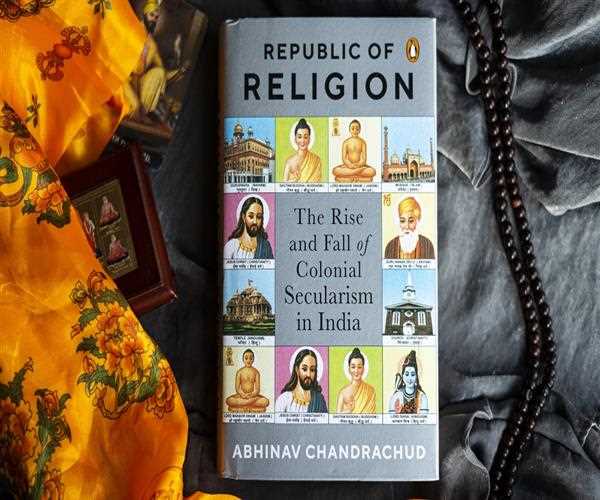The Indian concept of panth nirpeksh is often contrasted with the Western concept of secularism. Panth nirpeksh is a Sanskrit term that means "non-sectarian" or "unbiased." It is a principle that is enshrined in the Indian Constitution, which states that the state shall not discriminate against any citizen on the basis of religion.

The Western concept of secularism is often seen as being more separationist, with the state and religion being kept strictly separate. However, panth nirpeksh is not about separation. It is about ensuring that all religions are treated with equal respect and that no one religion is given preferential treatment by the state.
In practice, panth nirpeksh means that the Indian government does not promote any particular religion. It also means that the government does not interfere in the affairs of religious organizations. This is in contrast to some Western countries, where the government may provide funding to religious schools or organizations.
Panth nirpeksh is a relatively new concept in India. It was only enshrined in the Constitution in 1950. However, the principle of religious tolerance has a long history in India. The Mughal Empire, for example, was known for its religious tolerance.
The Western concept of secularism is also relatively new. It came into being during the Enlightenment period, when there was a growing belief that religion should be separated from the state. This belief was based on the idea that religious freedom could only be guaranteed if the state did not interfere in religious matters.
There are some similarities between panth nirpeksh and secularism. Both concepts emphasize the importance of religious freedom and tolerance. However, there are also some important differences. Panth nirpeksh is not as separationist as secularism. It allows for a greater degree of cooperation between the state and religion.
The Indian concept of panth nirpeksh is still evolving. It is a work in progress. However, it is a principle that is essential to the Indian democracy. It ensures that all citizens, regardless of their religion, are treated with equal respect.
Here is a table that summarizes the key differences between panth nirpeksh and secularism:
| Feature | Panth Nirpeksh | Secularism |
|---|---|---|
| Separation of state and religion | Not as separationist | More separationist |
| Role of the state | May cooperate with religious organizations | Does not cooperate with religious organizations |
| Religious freedom | Guaranteed | Guaranteed |
| Religious tolerance | Emphasized | Emphasized |
Overall, panth nirpeksh is a more inclusive and flexible concept than secularism. It allows for a greater degree of cooperation between the state and religion, while still guaranteeing religious freedom and tolerance.